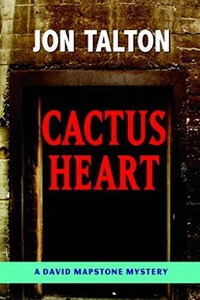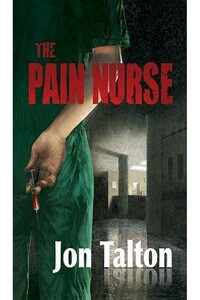South Phoenix Rules | страница 29
She shook her head. “There were never any threats. He was kind of a loner, which I appreciate. So I never met his friends here, if he had any. And he was new to town. He did seem distracted that night. Not quite himself.”
“Maybe he had somebody to kill.”
“He wasn’t a hit man!”
I asked her about where they went on dates. It was nothing out of the ordinary, although from the names of some of the restaurants they patronized it was clear he had money. Did he run into any old acquaintances? Anybody who might have seen her with him, and somehow chose her to send this horrific message? No. Did she ever feel as if they were being followed when they drove back here? No.
“Did he have drugs?”
“Of course not. I hate drugs.”
“Not even a little pot between friends? C’mon.” Even my first wife, Patty, had a fondness for the occasional toke-and the marijuana she procured was much more potent than the stuff I tried in college. It was another life; I shelved the thought away.
Robin glared at me. Of course that information meant nothing. The high-end people in the cartels usually don’t use their products. They don’t want to get careless.
I stopped talking, stood, and fetched a clear plastic bag from the drawer, then dropped the dog tags inside. She gave them to me, as he had asked. I knew what they meant in a historical sense. But that did nothing to solve the murder, or answer why the man’s head was delivered to my sister-in-law. That act spoke for itself: just as Peralta had said, the killers had connected her to Jax, and not in a casual way, and they knew where she lived.
In the study, I removed a sheaf of file folders from the deep desk drawer, and then replaced them on top of the bag. Concealing evidence. Add it to my rap sheet.
The phone rang. I let it go to the answering machine and heard a woman’s voice. She was a news producer for Channel Five, wanting to send a crew over to interview us. I was sure she wouldn’t be the last to call. Kate Vare had probably personally talked to some media people, to put more of a squeeze on Robin-and on me.
I wished my friend Lori Pope still worked at the Republic. She was a real cops reporter, the kind that dug into cases and built sources inside law enforcement. I had been one of those sources. She would give information back, and I needed it now. But Lori had been laid off with many of the most experienced reporters and now the newspaper mostly rewrote the press releases from the police public information officers. Most of the paper was that way now. I continued to subscribe out of some misplaced belief in the written word and the free press.





